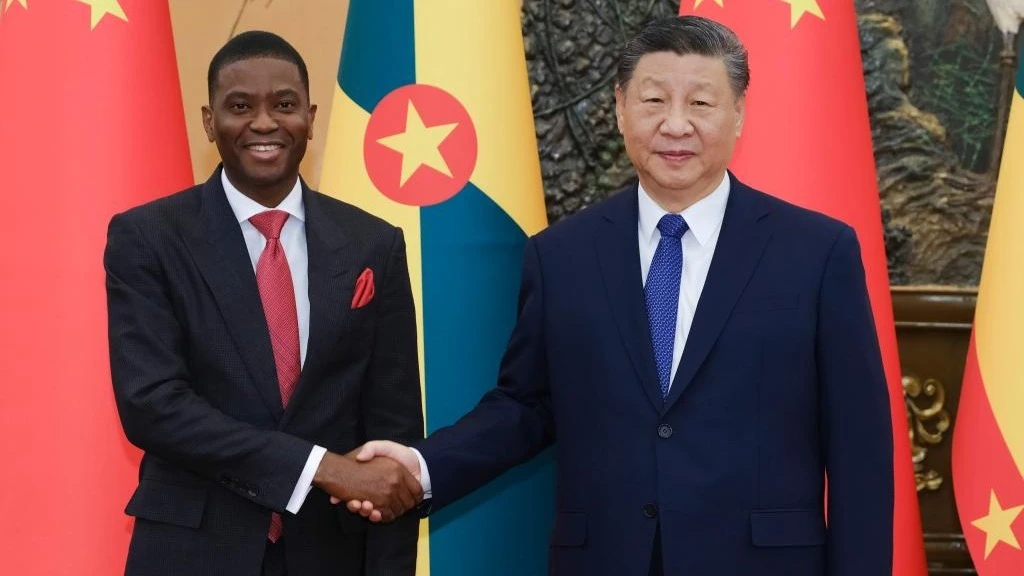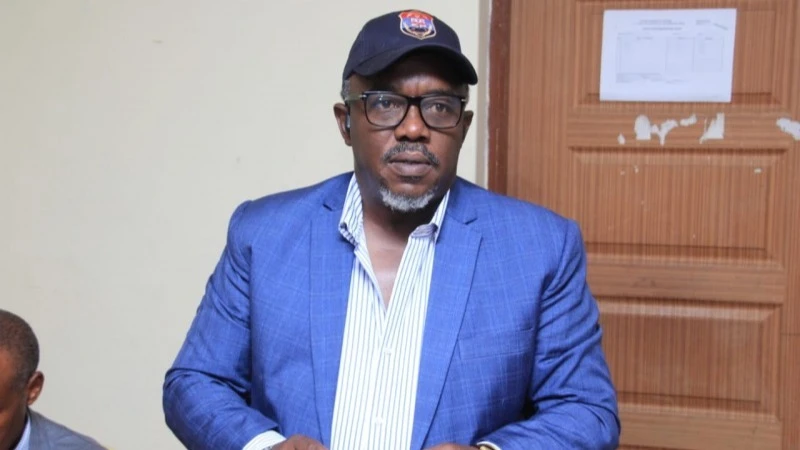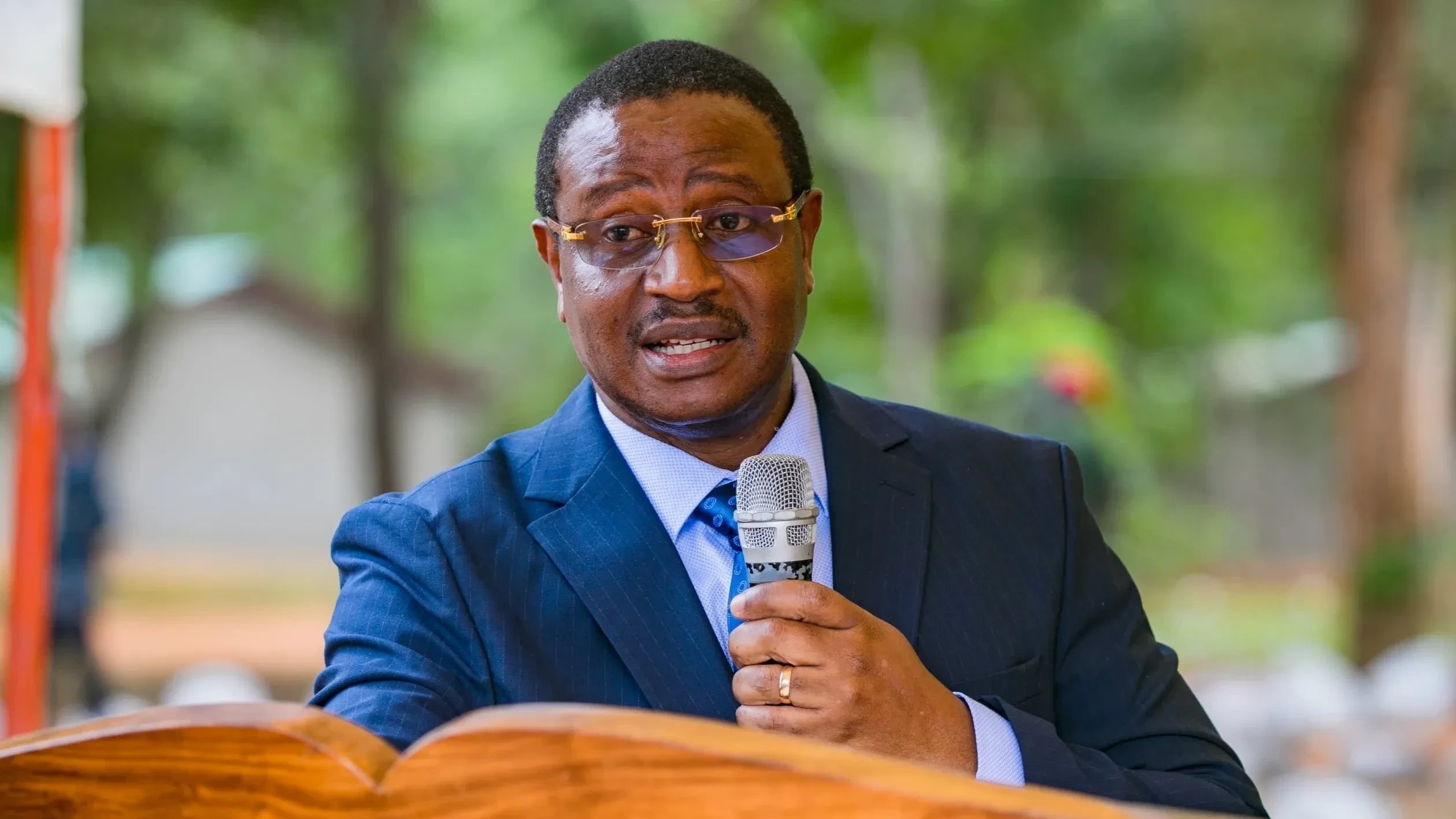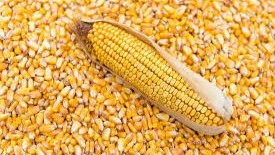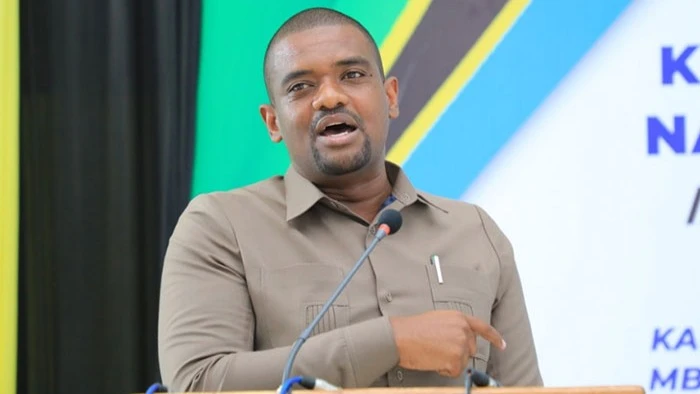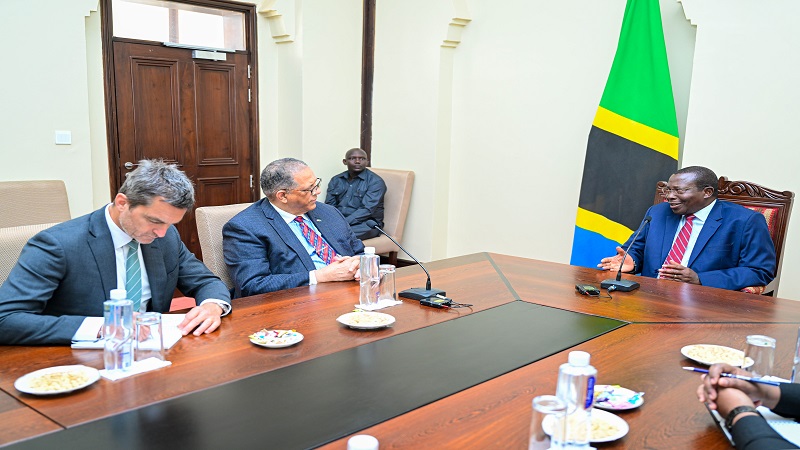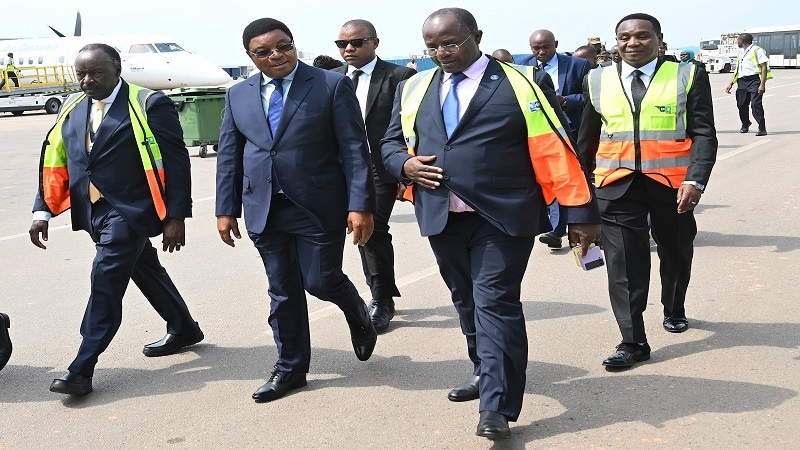PM in attendance as Museveni praises Tanzania’s grain sector
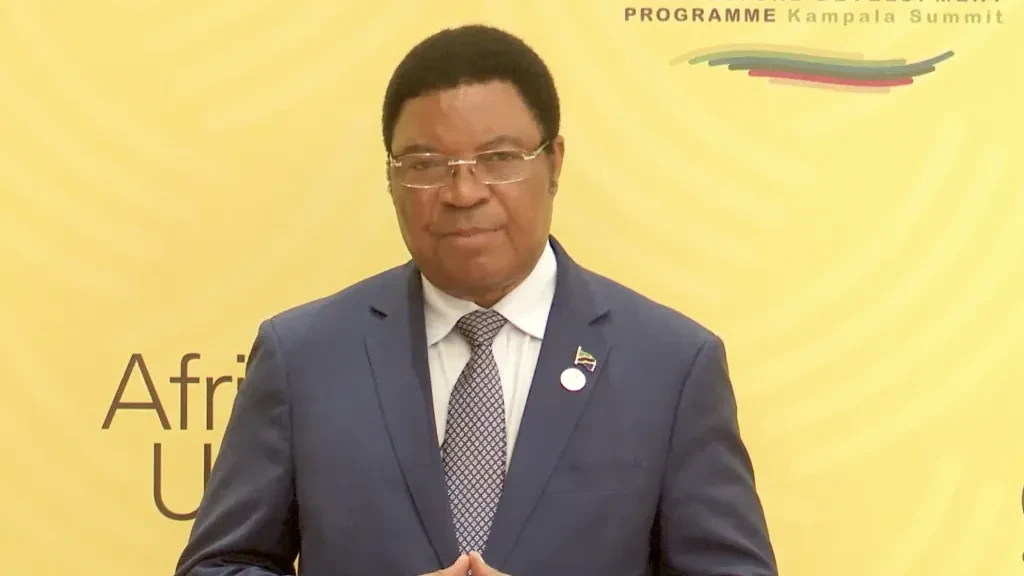
THREE Heads of State and a number of heads of government were in attendance at the weekend in the Ugandan capital of Kampala to reflect on progress since the 2014 Malabo Declaration on transforming the agricultural sector.
President William Ruto left Nairobi for Uganda for the one day visit where he attended the summit while his Burundian counterpart, Evariste Ndayishimiye also turned up for the meeting, joining host President Yoweri Museveni, a noted advocate of intensification of regional trade in grain and other products.
Prime Minister Kassim Majaliwa stood in for President Samia Suluhu Hassan at the meeting billed as the African Union (AU) extraordinary summit of Heads of State, intended to generate commitments for the continent’s agricultural compact for the next ten years.
Delegates were expected to endorse the African Agricultural Development Programme (CAADP 2026 - 2035), with leaders of delegations pledging to work on agricultural research and fostering collaboration with the private sector.
Tanzania expressed aspirations to become a vital component of food production in Africa, noting its efforts to reach objectives of the Malabo Declaration, in its demand that African nations allocate at least 10 percent of their annual budgets to agriculture.
His remarks received a boost from host President Museveni, who urged easing cross country trade in grain, praised Tanzania for producing high-quality rice in particular that is popular in Ugandan markets.
The premier said that Tanzania’s agricultural strategy is focused on producing enough food to meet domestic needs and obtain an export surplus.
The high-level event was focused on adopting the Kampala Declaration, a roadmap designed to transform Africa’s agri-food systems and address hunger, poverty and food insecurity through agriculture-led development.
“Our agriculture is no longer subsistence-based; it is now a thriving commercial sector,” he said, while President Museveni urged African nations to compete on quality, highlighting Tanzania’s rice as a prime example.
He described Tanzanian rice as superior quality and more affordable, encouraged participating countries to elevate agricultural production standards.
“At one point, they tried to stop me from importing rice from Tanzania, but I told them to focus on competing in producing quality products,” the Ugandan leader explained.
Adding value to agricultural products before export is vital in order to boost productivity and create employment, particularly for the youth, he said.
President Museveni cited global coffee trade, affirming that in Uganda, a kilogramme of raw coffee is sold for two U.S. dollars, while the processed version fetches $40 per kilogramme.
“We are losing jobs and revenue by selling unprocessed agricultural products. We must add value to our crops. It is discouraging to see African countries continue exporting raw materials; this must change,” he declared.
Moussa Faki Mahamat, the chairman of the African Union Commission (AUC), underscored the need to involve young people in agriculture, while also developing strong strategies to ensure that African nations can achieve food security.
“Why does Africa still suffer from hunger when we have so much arable land? We must involve youth in agriculture because food security and nutrition are still pressing challenges. Too many of us still grapple with issues of food access and quality nutrition. We need to change,” he stated.
Bjørg Sandkjaer, the Norwegian Development Cooperation minister representing the development partners, acknowledged that despite the progress made, challenges persist in reaching target populations.
The development partners will foster collaboration with African states to ensure the Kampala Declaration leads to lasting improvements in food security and nutrition across Africa, he said.
In a preliminary meeting, agriculture ministers endorsed the next phase of the African Agricultural Development Programme, focusing on integrated food production systems.
This demands improved infrastructure, education and health, to ease agriculture sector growth, where Tanzania suggested the need for a comprehensive approach to agriculture.
This is essential for food sovereignty, along with investments in agriculture tied to environmental sustainability, the premier noted.
Former president Jakaya Kikwete, Agriculture minister Hussein Bashe, Water minister Jumaa Aweso, also attended, along with Shamata Shaame Khamis, the Agriculture, Irrigation, Natural Resources and Livestock minister for Zanzibar, Foreign Affairs and East African Cooperation deputy minister Dennis Londo and Livestock and Fisheries deputy minister Alexander Mnyeti.
Top Headlines
© 2025 IPPMEDIA.COM. ALL RIGHTS RESERVED








